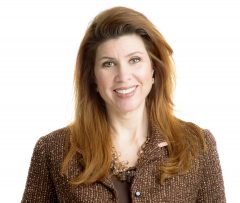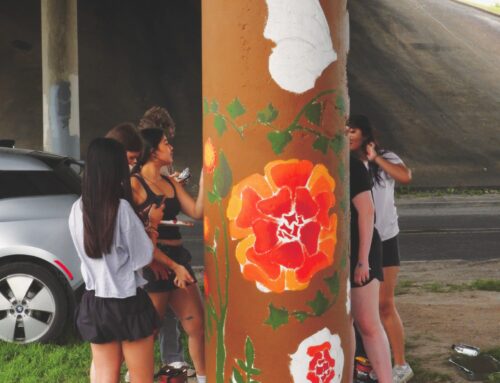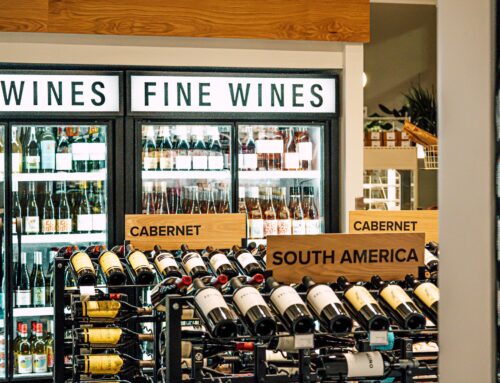 “Are there any big projects you would support?”
“Are there any big projects you would support?”
I was asked this question recently while speaking on a panel about Lower Greenville. I had just extolled the virtues of smaller city investments and suggested that the city should shift its focus from a handful of massively expensive projects to a multitude of smaller neighborhood projects like Lower Greenville’s rezoning, infrastructure improvements and revitalization.
I argued that small, smart city investments like Lower Greenville and Bishop Arts, which cost less than $5 million in public funds, can have a dramatic impact on our neighborhoods as well as the larger community, without taking on the significant financial risk of massive projects. Small projects offer greater flexibility, can be tailored to an area’s specific needs, can be more responsive to nearby residents and have a direct impact on their daily lives.
That’s when I was asked about big projects. Are there any I would support?
Absolutely.
I can’t speak for everyone who wants smaller, smarter government, and who are tired of Dallas City Hall’s near-myopic focus on massive, shiny projects. I’m sure there are some folks who would prefer our municipal government focus on the most basic city services and little else. But I think there are many more of us who expect more.
Large projects can be transformative for our city, as long as they benefit the people who live here and call Dallas their home. The problem is that we too often target our large projects at drive-through suburbanites, transient conventioneers, or worse, distant architectural cognoscenti. Too many times, the city invests in projects to impress others (see “Bridge, Calatrava”), or expends city resources on projects that have little appeal to most of us, like horse parks or white water rafting courses.
Instead, Dallas City Hall should focus on big projects that make Dallas a more livable, enjoyable place to call home. The city should invest in more Klyde Warren Parks, where Dallasites can convene and play together; build more Katy Trails where people can hop on their bikes or go for a walk; and support more Children’s Adventure Gardens and Audubon Centers where families can engage with nature. Investments like these not only benefit current residents, but also attract people to move to our city.
Thinking big in Dallas should mean connecting all of Dallas’s off-street trails and major assets and creating a true protected on-street bikeway system. It should mean lowering freeways and building deck parks to knit back together neighborhoods scarred and divided by massive freeways — over I-30, re-connecting East Dallas to Fair Park, and over I-35, re-connecting Oak Cliff to the Dallas Zoo. Thinking big should mean creating an accessible, vibrant park along our Trinity River, our city’s most under-utilized asset, and investing in a total transformation of Fair Park and the surrounding area. Most importantly, thinking big should mean bringing real infrastructure improvements and big manufacturers south of I-30.
These are all large investments that will improve the everyday lives of Dallas residents. They aren’t shiny, and they probably won’t be featured in any obscure architectural journals. But they will help make Dallas an incredible city to call home.
There is a misconception among the old-guard, Citizens Council oligarchy that those of us who think it’s folly to build a horse park, a faux suspension bridge, a park-killing toll road, or a city-owned hotel think our municipal government should limit its focus to fixing potholes. We are dismissed as naysayers and aginners, without grand aspirations or dreams for our city. To them, our skepticism of world-classiness equates with small-minded provincialism. We don’t think big. We lack vision.
The truth is, we do have a vision for Dallas. It just looks very different from theirs.





